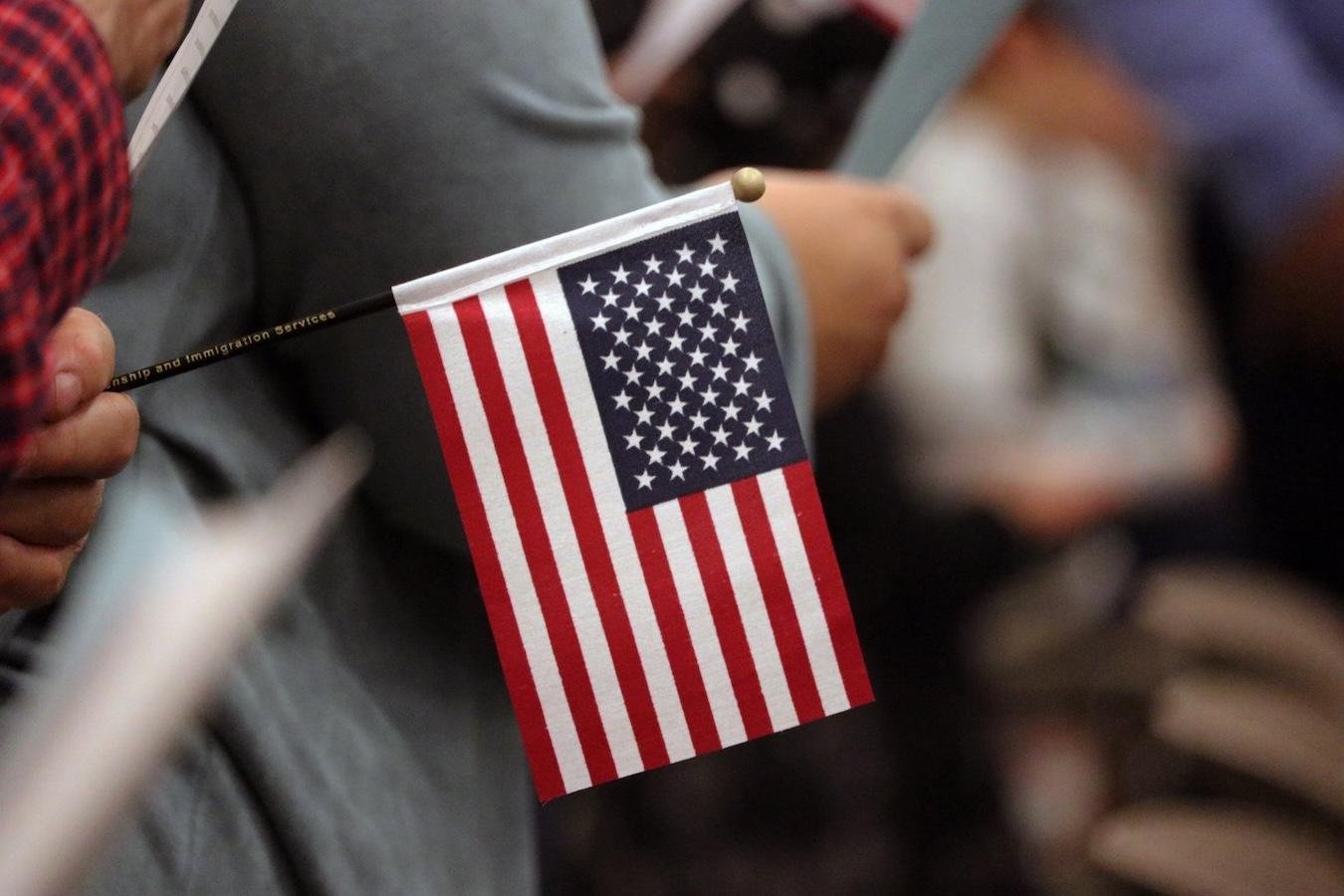arizona
Judge Halts Trump’s Bid to Revoke Birthright Citizenship in Arizona

A federal judge in Seattle has issued a temporary injunction against President Donald Trump’s executive order aimed at terminating birthright citizenship. This ruling, delivered by U.S. District Court Judge John Coughenour, marks the beginning of what is expected to be a protracted legal battle regarding the order’s constitutionality.
Judge Coughenour deemed the executive order “blatantly unconstitutional.” He expressed disbelief at the argument presented by the Trump administration’s attorney, stating, “I have difficulty understanding how a member of the bar could state unequivocally that is a constitutional order. It boggles my mind.”
The ruling followed a brief, intensive hearing that saw arguments exchanged between representatives of Washington state and the Department of Justice. Earlier in the week, Arizona’s Attorney General Kris Mayes, alongside counterparts from Washington, Oregon, and Illinois, filed a lawsuit challenging the order, seeking a temporary restraining order to halt its implementation.
In a parallel move, eighteen other states have initiated a similar lawsuit in federal court in Massachusetts, although they have not requested a preliminary injunction. Trump’s executive order, signed immediately upon his inauguration, seeks to end birthright citizenship for children born to parents who are neither U.S. citizens nor lawful permanent residents.
Brett Shumate, representing the Department of Justice, argued that the states’ motion for an emergency stay was unwarranted since the order would not take effect until February 19. He characterized the request as “extraordinary.”
In response, the states’ attorneys acknowledged the unusual nature of their motion but stressed its necessity. They highlighted the potential loss of federal funding for public services that could arise from the order, impacting citizens directly. Lane Polozola from the Washington Attorney General’s office emphasized the immediate harms posed by the order, asserting that citizens are being stripped of their fundamental rights.
The 14th Amendment, established in 1868, enshrines birthright citizenship, stating, “All persons born or naturalized in the United States, and subject to the jurisdiction thereof, are citizens of the United States and of the State wherein they reside.” Trump’s order scrutinizes the phrase “subject to the jurisdiction thereof,” claiming that birthright citizenship has never been universally guaranteed.
Polozola criticized this interpretation as “absurd,” affirming that birthright citizenship should be regarded as a fundamental right. Legal foundations supporting birthright citizenship are robust, with landmark Supreme Court cases—like Wong Kim Ark in 1898—affirming this principle when it recognized the citizenship of a child born in the U.S. to non-citizen parents.
Judge Coughenour, a fixture on the federal bench since his nomination by President Ronald Reagan in 1981, issued the ruling without allowing recordings in the courtroom. Moving forward, the case lies within the jurisdiction of the 9th U.S. Circuit Court of Appeals, known for its Democratic appointees, although it may eventually reach the U.S. Supreme Court.













![Trestle Management Vice President Marc Vasquez speaks to Rancho Mirage residents during an HOA meeting on March 31, 2025. [Monica D. Spencer]](https://arizonanews.org/wp-content/uploads/2025/04/Rancho-Mirage-Homeowners-Regain-Stability-Yet-One-Crucial-Element-Lingers-80x80.jpg)




